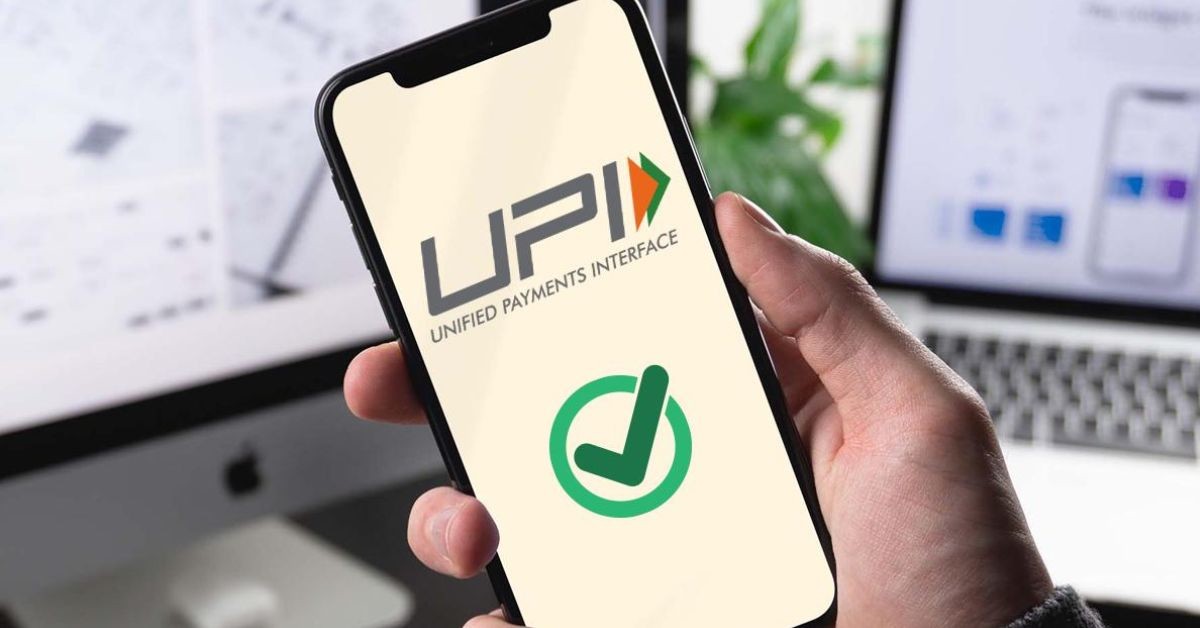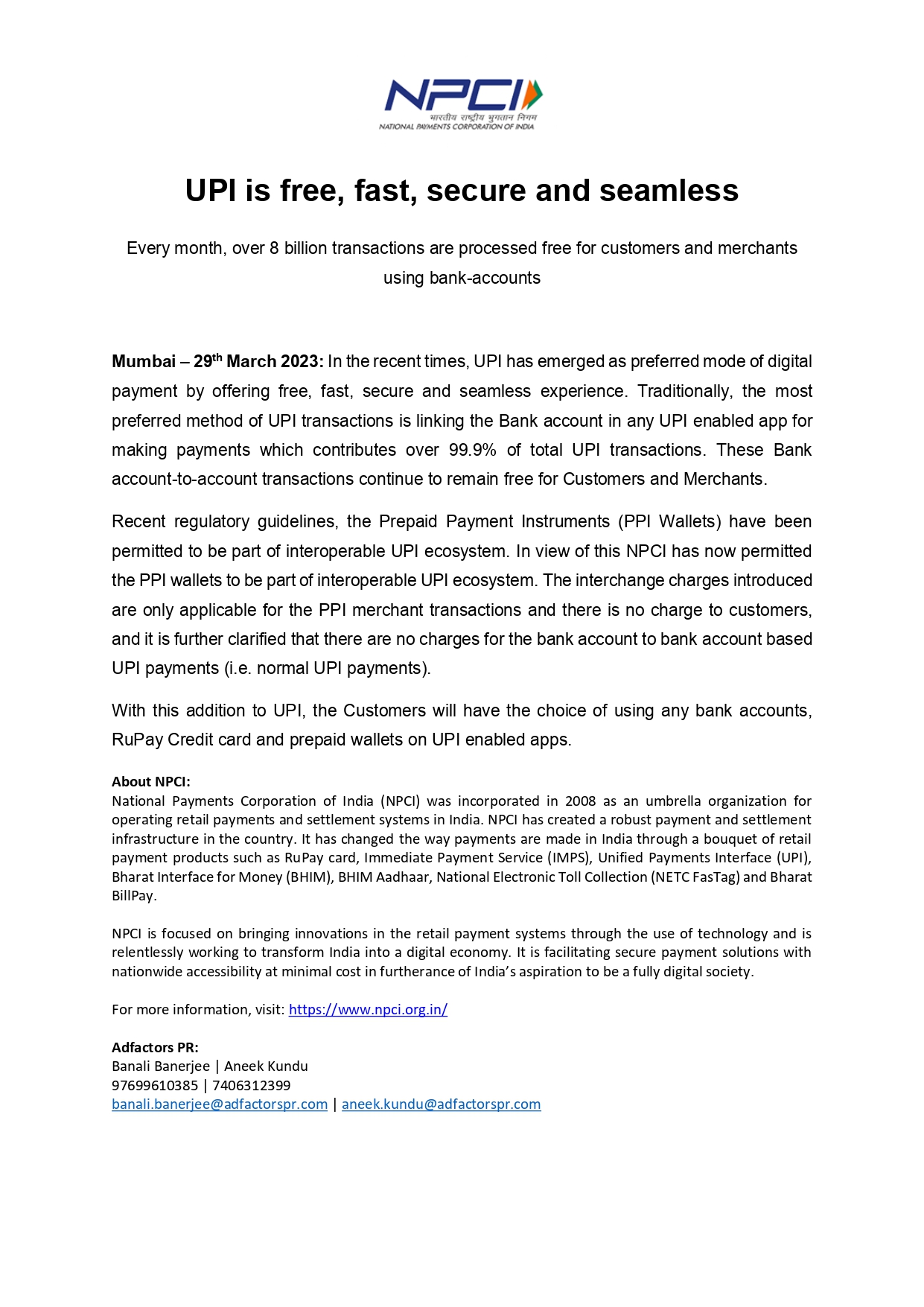UPI, which stands for Unified Payments Interface, is a digital payment system that allows individuals to transfer money instantly from one bank account to another in India. UPI has become increasingly popular due to its many benefits, including being free, fast, secure, and seamless.
The Reserve Bank of India (RBI) has introduced new rules regarding the charges applicable to transactions made through the Unified Payments Interface (UPI) system. According to the new rules, UPI transactions over Rs. 2,000 made through a prepaid payment instrument (PPI) will attract PPI merchant charges. The interchange charges for prepaid payment instrument (PPI) merchant transactions, which are transactions where a customer uses a prepaid payment instrument such as a prepaid card or digital wallet to make a payment to a merchant.
"It is important to note that these interchange charges are only applicable for PPI merchant transactions and not for normal UPI payments."
A. Normal UPI payments are bank account to bank account transfers made through the Unified Payments Interface (UPI) system, where there is no involvement of any prepaid payment instrument.

In other words, if a customer uses UPI to transfer money from their bank account to another bank account, there are no charges for the customer or the banks involved in the transaction.
However, if a customer uses a prepaid payment instrument to make a payment to a merchant, then the acquiring bank will have to pay an interchange fee to the issuing bank.
B. Prepaid Payment Instrument (PPI) merchant transactions are those where a customer uses a prepaid payment instrument such as a prepaid card or digital wallet to make a payment to a merchant. Here are some examples of PPI merchant transactions:
1. Online Shopping
A customer uses a prepaid card or digital wallet to pay for goods or services purchased from an online merchant.
2. Bill payments
A customer uses a prepaid card or digital wallet to pay bills for utilities such as electricity, water, and gas.
3. Public transportation
Many public transportation systems now accept prepaid cards or digital wallets as a payment method for bus, train, or subway fares.
4. Food and beverage purchases
A customer can use a prepaid card or digital wallet to pay for food and drinks at restaurants, cafes, or food trucks.
5. Retail Purchases
A customer can use a prepaid card or digital wallet to pay for products at retail stores such as supermarkets, pharmacies, or convenience stores.
6. Ticket Purchases
A customer can use a prepaid card or digital wallet to purchase tickets for events such as concerts, movies, or sporting events.
7. Travel-related expenses
A customer can use a prepaid card or digital wallet to pay for travel-related expenses such as hotel stays, flights, car rentals, or vacation packages.
This distinction between PPI merchant transactions and normal UPI payments is important because it ensures that customers who use UPI for bank account to bank account transfers are not charged any fees, which promotes the adoption and usage of digital payment systems in India.









 CAclubindia
CAclubindia
